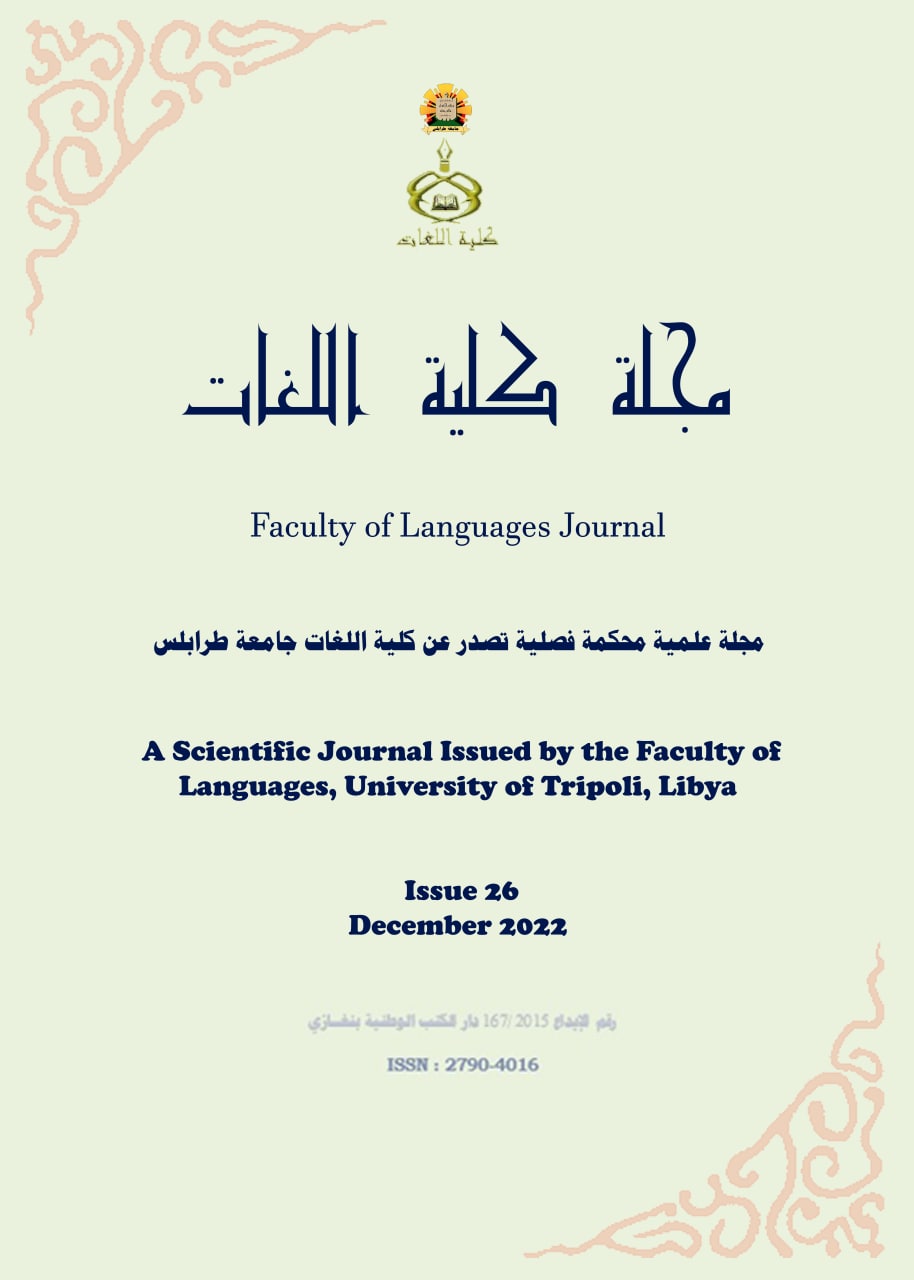Language, Gender, and Identity in Postcolonial North Africa Autobiographical Novel: Delineating Assia Djebar’s and Ahlem Mostaghanemi’s Feminist Discourse
Keywords:
Autobiography, Gender, Identity, North-Africa, postcolonialismAbstract
The present study explores the inferences of language and gender construction within North-African states. Enthused by Assia Djebar, francophone novelist, and Ahlem Mostaghanemi, arabophone novelist, it purposes to examine how the notions of freedom and language are profoundly entwined. Centering on their womanist discourse, it scrutinizes how historiography and gender determination impact identity construction. The study also inspects the import of language as a powerful instrument in articulating Algerian female self-determination. In the light of Djebar’s L’Amour, la fantasia (1985), and Mostaghanemi’s Dhakirat al-Jasad (1993), this study explores Arabic and French languages as sociological instruments for women’s freedom. Through the stratagem of comparative study, it scrutinizes how history and autobiography provide the perfect site to discuss political resilience in the midst of a male hegemonic social system. More precisely, it highlights the notions of postcolonialism and identity politics that need querying the North-African familial schemes and the broader social dilemmas



